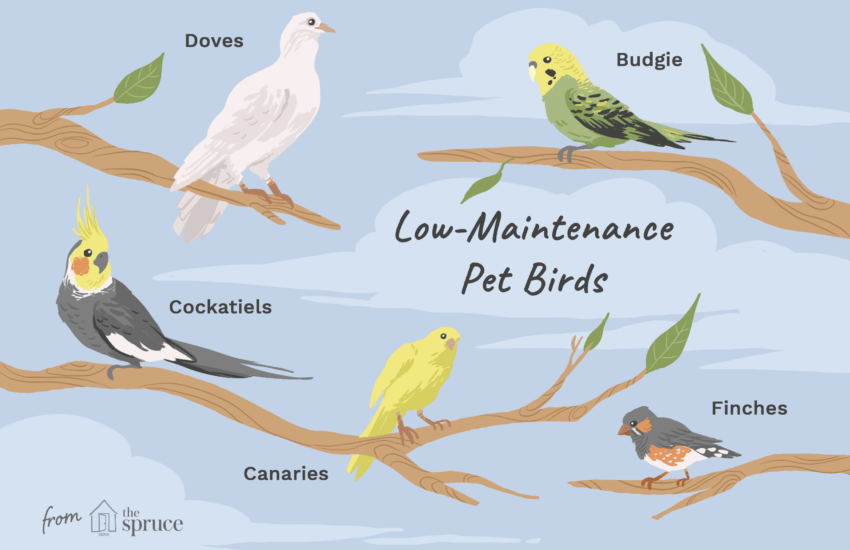Top Hamster Breeds for Quiet Companionship
If you’re considering adding a furry friend to your household, hamsters can be a great choice, especially for those looking for quiet companionship. These adorable little creatures are not only playful but also relatively low-maintenance, making them ideal for busy lifestyles or quieter living environments. In this article, we’ll explore the top hamster breeds that lend themselves well to a peaceful and harmonious home life.
Understanding Hamster Breeds
Before diving into specific breeds, it’s important to understand that not all hamsters are created equal. Different breeds have unique temperaments, activity levels, and space requirements. This means if you are seeking a **quiet** hamster, you should focus on breeds that are naturally less vocal and more solitary in nature. These traits can significantly enhance your experience and satisfaction as a hamster owner.
Syrian Hamsters: The Gentle Giants
Syrian hamsters are famed for their calm demeanor and solitary nature. Often referred to as golden hamsters, they are one of the most popular breeds due to their size and gentleness. Their larger size means they are generally easier to handle compared to smaller breeds. When properly cared for and socialized, they develop a strong bond with their owners. Syrian hamsters are typically solitary, meaning they do not require the company of other hamsters, and this results in lower noise levels in your home. They also spend much of their day sleeping, becoming more active during the evening hours…

Dwarf Hamsters: Playful and Calm
Dwarf hamsters, including Roborovski, Campbell’s, and Winter Whites, are significantly smaller than their Syrian counterparts. Despite their size, they possess amiable personalities. Roborovski hamsters are particularly renowned for their peaceful nature and are among the quietest hamsters available. Their small size means they can thrive in more compact habitats, making them a good choice for apartments or smaller living spaces…
Caring for Your Quiet Hamster
Once you’ve chosen the right breed of hamster, the next step is to ensure they receive adequate care to maintain their quiet demeanor. Proper housing, diet, and behavioral enrichment are crucial for their happiness and well-being. Implementing calm routines can further aid in fostering an environment conducive to peaceful companionship…
Providing a Comforting Habitat
Creating a soothing environment for your hamster is essential. Use spacious cages filled with tunneling tubes, wheel toys, and secure nesting materials that allow your hamster to burrow and nest comfortably. Some padding, such as natural bedding made from recycled paper or aspen shavings, can further reduce noise levels. Avoid metal cages since the sound of metal scraping can disturb the tranquility you’re aiming for…
Tailoring Their Diet for Longevity
A balanced diet can positively affect your hamster’s demeanor and overall health. High-quality hamster pellets and occasional treat options like fresh veggies or the occasional fruit help prevent territorial aggression. It’s also essential to provide fresh water daily in a quiet space free from disturbances. A well-fed hamster is likely to be a calm and happy companion…
Engagement Activities to Encourage Quiet Play
Your hamster’s activities and engagement play a crucial role in their behavior. Quiet moments spent with them can foster a strong bond, making them even quieter companions…
Interactive Toy Selection
Select toys that stimulate your hamster’s natural behaviors such as climbing, burrowing, and chewing without causing excessive noise. Wooden chew toys can offer both a fun distraction and a means to keep their teeth at a healthy length. Additionally, hide treats within their habitat and let them forage, providing mental stimulation that allows for quiet, healthy diversion…
Weight Training: Hamster Style
Implementing light exercise routines gives your hamster a chance to explore while keeping them fit. Encourage gentle play by placing them on a soft surface to explore (under supervision) or offering exercise balls that don’t produce excessive rolling sounds. Participating in these activities together can greatly enhance your bond and promote a peaceful coexistence…
Key Takeaways
- Syrian hamsters are known for their solitary, calm personalities, making them excellent quiet companions.
- Dwarf hamsters are great choices for those living in smaller spaces and are also quiet by nature.
- Providing a comfortable habitat and tailored diet can help maintain your hamster’s peaceful character.
- Engaging in quiet play and creating interactive settings will enrich your hamster’s life while fostering further companionship.
FAQ
1. What is the quietest hamster breed?
The quietest hamster breed is generally considered to be the Roborovski hamster. They are small, social creatures that tend to be calm and less vocal, making them a suitable option for quiet companionship.
2. How can I reduce noise from my hamster’s cage?
To mitigate noise from a hamster’s cage, opt for soft bedding, prevent metal cages that may squeak, and ensure toys are made from materials that won’t produce loud sounds during playtime. Soft surfaces and appropriate toys help in lowering noise levels significantly.
3. Are hamsters nocturnal, and will that affect my sleep?
Yes, hamsters are nocturnal animals, which means they are generally more active at night. If you prefer a quieter environment at night, consider incorporating calming activities during their personal free-time while they are awake.
4. How often should I interact with my hamster to maintain a quiet demeanor?
Regular interaction is essential, but it should be gentle and low-key to keep from overstimulating your hamster. Spend a few minutes daily handling and interacting to create a bond while ensuring that these interactions are pleasant.
5. Can hamsters be trained to be quieter?
While hamsters cannot be specifically trained to be “quiet,” they can be accustomed to their environments and routines, which contribute to a more peaceful demeanor. Building a stable routine helps ease their natural instincts and promotes calm behavior.
Overall, with the right breed and care, hamsters can become serene companions that add joy without excessive noise to your living space.
